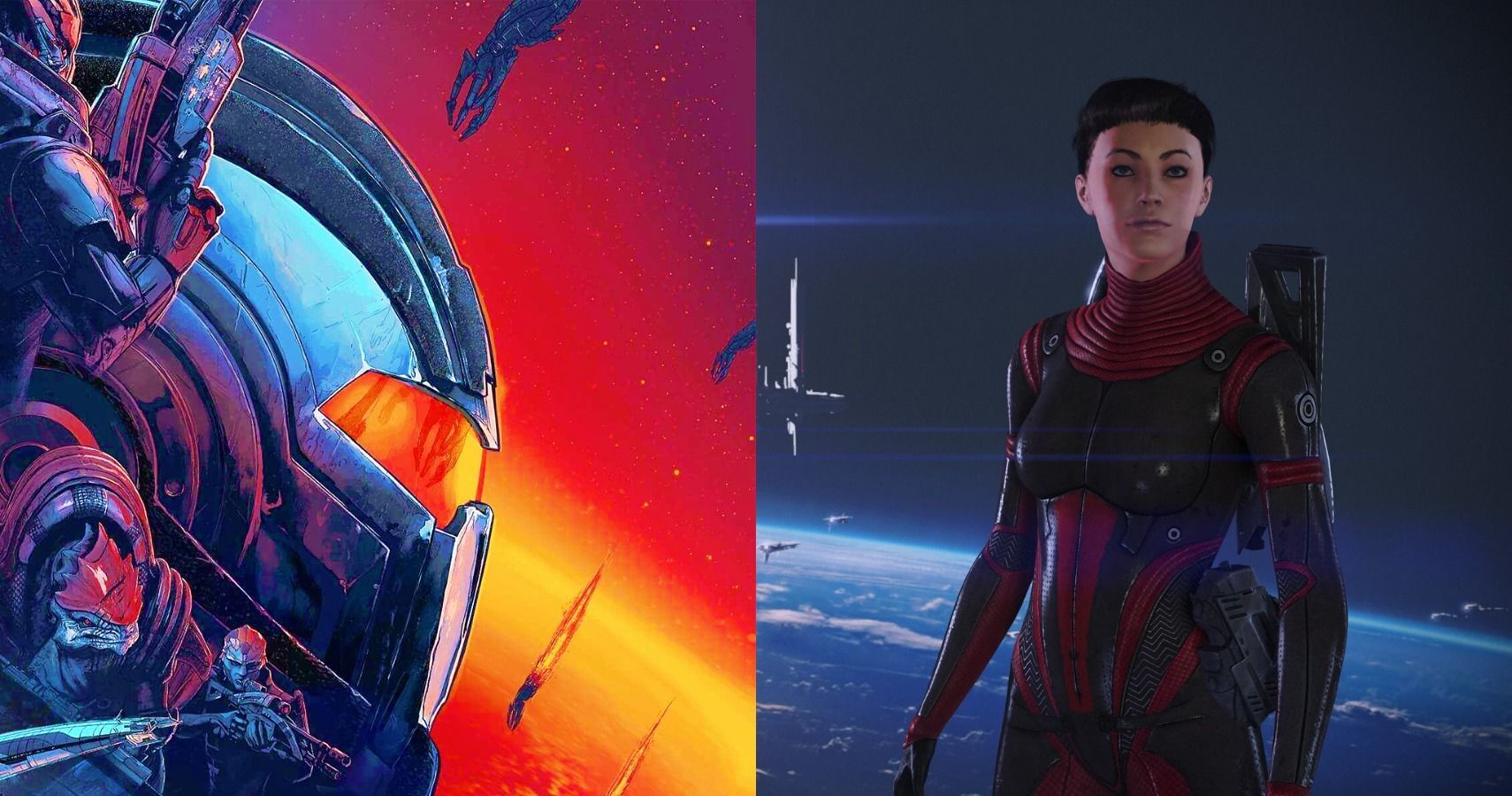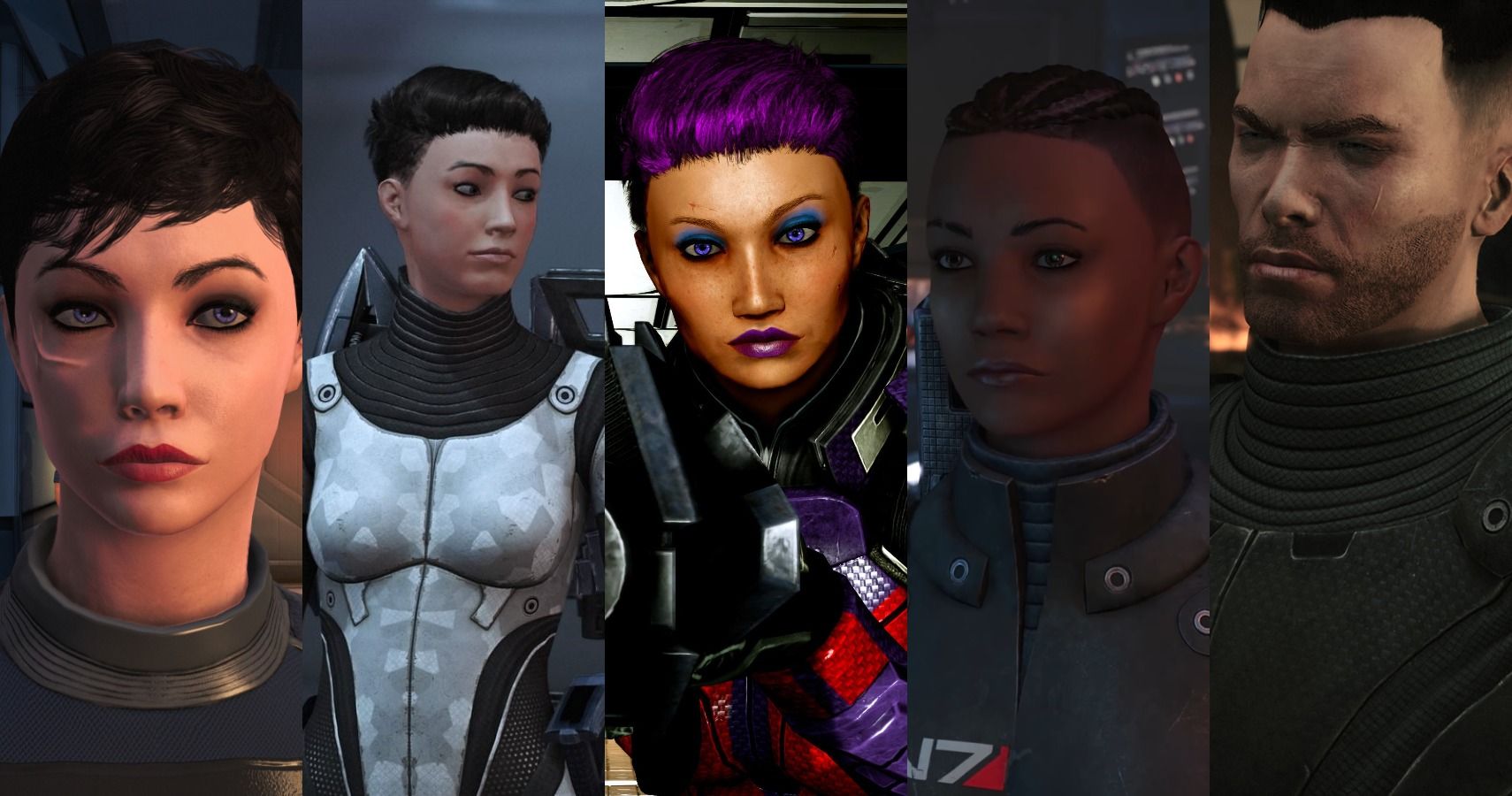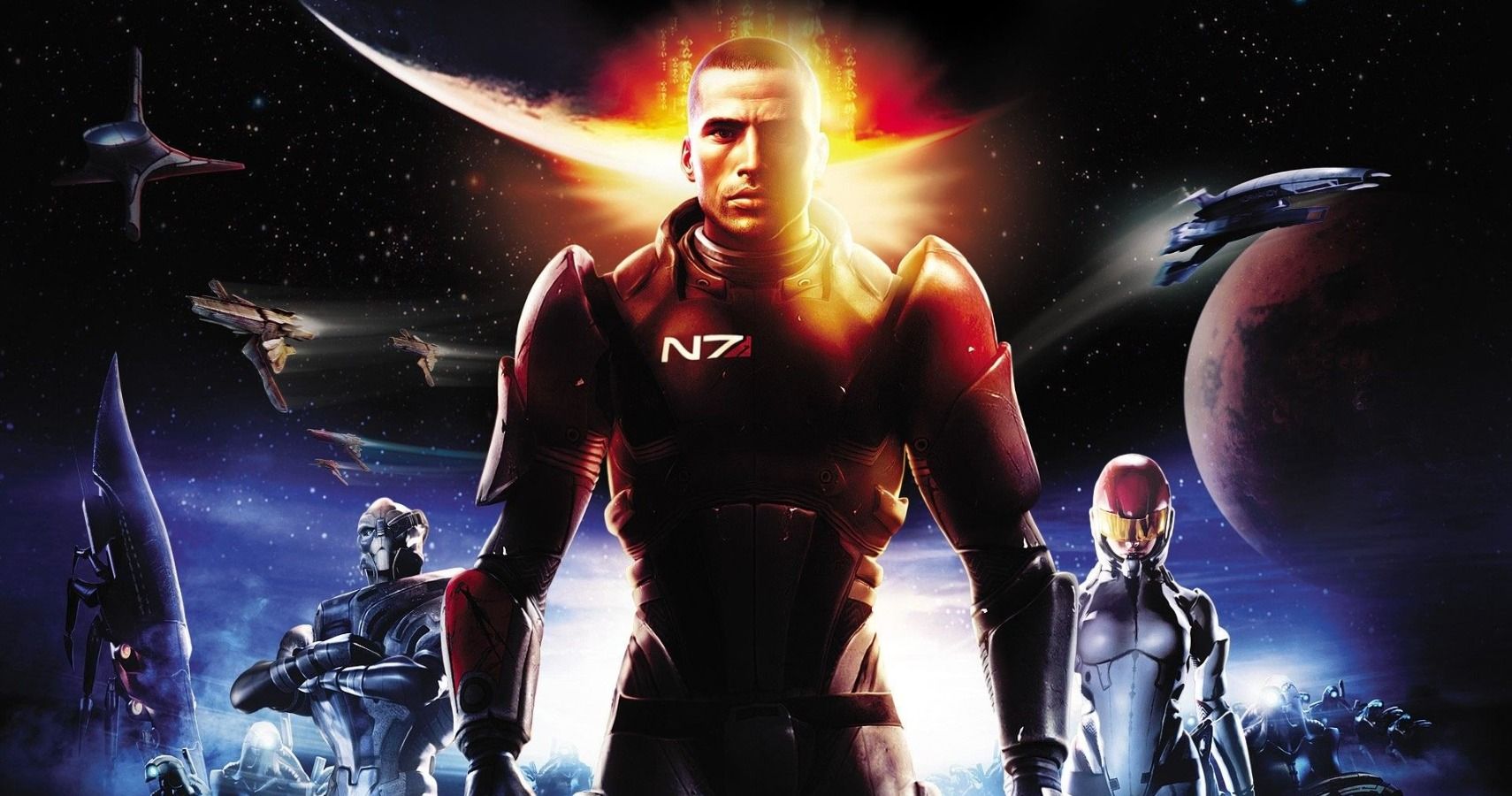Ever since its launch earlier this month, I’ve seen dozens of friends reflect on their own version of Commander Shepard in Mass Effect: Legendary Edition, touching on how their take on the character has either changed dramatically over the years, or remained almost exactly the same. All takes on the character are valid, which is part of its beauty, but for me, it’s a testament to the journey I’ve been on as a person since the original trilogy met its conclusion so many years ago. I’ve changed for the better, and I’ve found my identity bleeding into the remaster more than I ever could have expected.
I can’t even remember much of the narrative despite being enamoured by it as a teenager, so it’s been a treat to experience it with fresh eyes, with a perspective that has been through so much since I last stepped foot on the Citadel and saved the galaxy from the Reapers. I remember pre-ordering Mass Effect 3 and poring over each and every trailer of the epic conclusion, in awe at the threat I had to overcome and how exactly it would all come to a close. The original ending didn’t deliver, but I honestly don’t think that matters anymore - the journey itself is far more precious than the eventual destination.
Since then, I’ve been to university, learned to live as an independent adult, and come out a transgender woman. Life experiences have matured my take on the world, and allowed me to pursue an identity that feels more true to who I am and want to be, an identity I wasn’t aware of in the slightest when I first stepped into the shoes of Commander Shepard. My original version of the character was an overly masculine marine with black hair and ginger eyebrows. He looked like a grumpy bouncer at a dingy nightclub, more content with punching tipsy teenagers than saving the galaxy from an alien threat.
But back then, he was my Shepard, and my vision of an unstoppable hero who could choose between right and wrong when it mattered most. I’d lean towards Renegade as a teenager, wanting to be a morally corrupt saviour rather than saving all the innocents I could. It was reflective of my personality at the time, a young adult whose conscience hadn’t matured enough to consider the feelings of those around me like I do today. Unless I was doing it for a laugh, I’d struggle to make my way through an evil playthrough today. It feels comedically over the top, twisting Shepard into a fascist space cop willing to leave their friends behind and kill indiscriminately if it means saving the day. But they’re still treated like a hero, and that just doesn’t make sense to me. I want my Shepard to represent who I am in reality, which itself is impossible, but if I can bend their moral compass to match my own, it’s worth a try.
When I first entered the character creator in Mass Effect: Legendary Edition I tried to recreate who I am in reality, but the limited selection of hairstyles and body types made it a fruitless task. I played through Eden Prime and reached the Citadel, but I quickly felt a tinge of regret. I started again, doing away with a virtual tinge of dysphoria by opting for a female avatar that represented who I wanted to be - a bold, loving, and powerful woman ready to save the galaxy, and even sacrifice themselves if the situation calls for it. I can’t achieve this level of bravery in real life, even without all the galaxy-saving shennagians, so it felt like a sobering power fantasy for both visual appearance and personality.
Even beyond my Shepard’s physical appearance, I find myself making more nuanced decisions, thinking past the initial ramifications and pondering over the social and political impact my actions will have on the wider world. I need to acknowledge the consequences of such decisions and take on a new level of responsibility, even if the trilogy’s writing doesn’t reinforce my new outlook on this fictional galaxy and how I should be navigating it. Romances feel juvenile, while some character motivations can feel clouded and unfounded, but recognising these shortcomings with a modern hindsight also makes me appreciate everything Mass Effect managed to achieve when it first burst onto the scene.
As older audiences revisit these games, they come to learn exactly where they fell short, fascinating new critical perspectives forming while an everlasting love for the franchise continues to burn in the background. It’s important to be hard on the things we love, picking them apart before piecing them back together again until we understand everything that makes them tick. For Mass Effect, this thoughtful exploration of what it stands for will continue for years to come as its players grow older, wiser, and more aware of what it does right, and what could have been done better. They can also look back at themselves, much like I did, and realise how much they’ve grown in the face of a gaming monument that will forever have a place in my heart.



